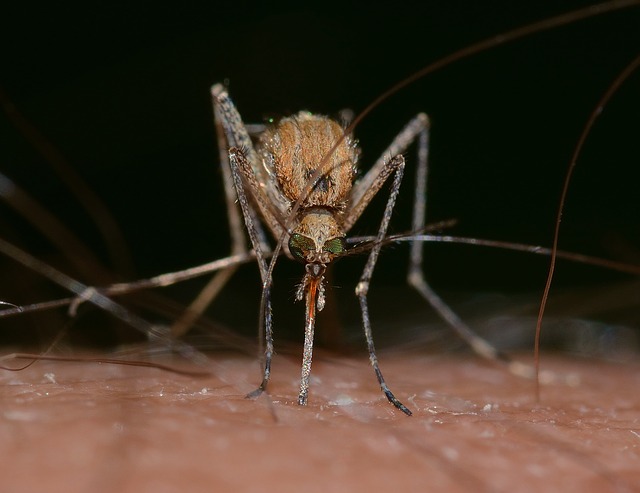The Illinois Department of Public Health (IDPH) is reporting the first confirmed human case of West Nile virus in Illinois for 2018. A Chicago resident in her 60s became ill in mid-May.

“Because the case occurred earlier in the season than we typically see human cases of West Nile virus in Illinois, IDPH requested additional testing by the Centers for Disease Control and Prevention and we received confirmation on June 19,” said IDPH Director Nirav D. Shah, M.D., J.D. “West Nile virus can cause serious illness in some people so it’s important that you take precautions like wearing insect repellent and getting rid of stagnant water around your home.”
The first human case of West Nile virus in 2017 was reported on July 20, 2017. Last year, 63 counties in Illinois reported a West Nile virus positive mosquito batch, bird and/or human case. For the 2017 season, IDPH reported 90 human cases (although human cases are underreported), including eight deaths.
West Nile virus is transmitted through the bite of a Culex pipiens mosquito, commonly called a house mosquito, which has picked up the virus by feeding on an infected bird. Common symptoms include fever, nausea, headache and muscle aches. Symptoms may last from a few days to a few weeks. However, four out of five people infected with West Nile virus will not show any symptoms. In rare cases, severe illness including meningitis or encephalitis, or even death, can occur. People older than 60 and individuals with weakened immune systems are at higher risk for severe illness from West Nile virus.
- Nashville: Metro Public Health to offer hepatitis A vaccines at this weekend’s PRIDE Festival
- Iowa investigates increase in Cyclospora cases
- Western Pennsylvania goes from a Lyme-naïve to Lyme endemic
- Australia: Alfalfa sprouts linked to salmonella outbreak
- New York: Wadsworth Center Lab, Regeneron Pharmaceuticals take aim at Lyme in new collaboration
- Dengue cases up in Cavite, Negros Occidental



One thought on “West Nile virus case reported in Chicago resident, 1st case in Illinois for 2018”